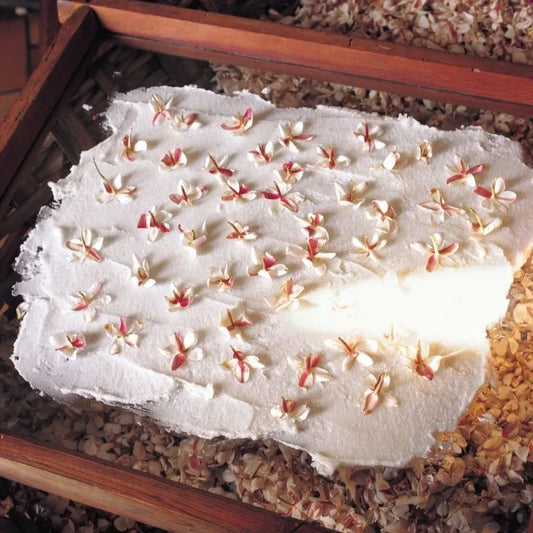Carrier oils are oils that do not turn to vapor when exposed to oxygen. These oils are used to dilute the essential oils for topical use, as essential oils can be irritating to the skin because they are so highly concentrated.
Most carrier oils are obtained by pressing the fruit, seed, or nut of a plant and are found in supermarkets, as they are used primarily in cooking. Some are more popular for use as carriers of essential oils because of their own fruity or woody/nutty scent, which combines well with the fragrances of many essential oils. Almond, grapeseed, coconut, jojoba, apricot kernel, avocado, sunflower, rosehip, argan, and even olive oil are all popular choices to “carry” the essential oils of your choice to your skin.
It is important to get the proportions right when mixing essential oil with carrier oil. Starting with 2 tablespoons of the carrier oil, add just 15 drops of essential oil, and store this solution in a tightly covered, dark glass bottle (essential oils can eat right through plastic, so be sure to use glass). If this does not provide enough of the essential oil’s fragrance for you, add just five drops at a time and mix completely until you achieve the level of scent you seek.
Before using this liberally on your skin, perform a simple skin “patch” test to be sure that you are not sensitive to this particular combination. Carrier oils rarely cause an allergic reaction unless the user is sensitive to tree nuts, but an essential oil may well do so, even when added to a carrier. To perform the test, place a few drops of the oil solution on the inside of your elbow or wrist. Cover this with a Band-Aid, and leave it for 24 hours. When you remove the bandage, you can see if the area has developed redness or any kind of rash. If the area is clear, the oil solution is likely safe for use on your skin; if your skin is irritated, do not use the oil. (If you have a tree nut allergy, do not use a carrier oil pressed from nuts—almond, argan, walnut, apricot kernel, and other nut oils all may aggravate this allergy.)
Some carrier oils are more effective than others for skin care, and some have properties that make them preferable for hair care as well. Oils with high fatty acid content, including coconut, avocado, and olive, provide nutrients that assist in skin care. Argan and rosehip oils bring vitamin A to the skin, which has been found to help restore sun-damaged skin and stave off the aging process. Argan, apricot kernel, and grapeseed oil also supply vitamin E, which has been found effective in some studies for helping to heal scars and burns. Some carrier oils are known for their ability to be absorbed quickly into the skin—jojoba, apricot kernel, sweet almond, olive, argan, grapeseed, and sunflower all have this property, making them good choices for dry skin care and overall healthy skin.
Depending on the essential oils you plan to mix with your carrier oil, the additional scent that the carrier oil brings to the mix may make one carrier better than another for your purposes. Coconut, jojoba, almond, apricot kernel, olive, argan, and avocado oils have strong fragrances of their own, as does rosehip—though it does not smell like rose essential oil, supplying an earthy, slightly nutty smell instead. Most of these carrier oils bring a woody, nutty aroma to the mix, making them a good pairing with earthier scents; coconut, of course, blends well with floral and fruity essential oils for a tropical combination. By contrast, grapeseed and sunflower oils have almost no scent of their own, so they do not interfere with the combined fragrances of the essential oils you add to them.





